How to Study for the GRE
Similar to how the SAT is a commonly mandated portion of the application process for undergraduate programs, the GRE General Test is a prerequisite for graduate programs in the majority of fields. While the GRE does not focus on any particular academic subject, it does assess one’s executive functioning abilities. Just like Do-My-Exam.com oversees a company, your executive reasoning directs your brain’s activities, and the creators of the GRE aim to evaluate its effectiveness in tasks such as data analysis, problem-solving, and critical thinking.
Your success in the GRE relies on how well you can prioritize and organize the information given to you, enabling you to solve problems effectively. To enhance your performance, here are some tips for the GRE preparation.

Read a lot of analytical non-fiction
Is it possible for you to shed pounds without giving up on snacks that lack nutritional value but are high in calories? Similarly, nourishing the mind operates under the same concept, and the most effective remedy for improving your GRE skills lies in a diverse and balanced consumption of reading material.
If you don’t read additional analytical non-fiction in your free time, studying for the GRE will feel burdensome. Research indicates that students who excel in the verbal section of the GRE are typically philosophy or liberal arts majors. These individuals are exposed to various narratives and academic writing during their undergraduate studies.
Although reading about topics unrelated to your main interests may not be your preferred leisure activity, it will be beneficial in the long run. The reading passages in the GRE exam necessitate the ability to comprehend diverse materials, so having familiarity with a wide range of texts can give you a significant advantage.
Adhere to a regular GRE study plan
The specific amount of studying needed to achieve the best possible GRE scores differs for each individual. However, every student must attain a strong understanding of the test, which typically requires a minimum of three months dedicated to preparing for the GRE. If you are fortunate enough to have more time available, it would be even more advantageous to allocate five months. The crucial aspect is to create a well-organized study schedule and adhere to it consistently.
If you excelled in your math classes in high school and enjoyed reading, you may not require as much preparation as those who are not as proficient in these subjects. However, your knowledge can only provide you with an advantage. It is important not to become overly confident or underestimate the difficulty of the GRE.
Make a practical daily plan that includes dedicated time for each section of the GRE exam, and make sure you allocate enough time to cover all the topics. Remember, you are responsible for your learning and preparation. Like how regularly flossing your teeth helps avoid dental issues, it is essential to study in advance to guarantee a successful performance on test day.
Take practice tests
Stress is a significant obstacle when it comes to taking the GRE. Although you may find each test section manageable individually, taking the entire exam in one sitting is similar to running a marathon. To avoid low scores, it is crucial to be prepared by exercising, stretching, and gradually increasing your study time over a few months. Failing to take practice tests is one of the most significant mistakes in preparing for the GRE.
Practicing tests can also aid in developing time management skills. These tests are vital benchmarks to track progress, and engaging in test practices is an excellent way to enhance exam endurance. By practicing the entire GRE, you will gain a sense of the mental and physical requirements of the test, ultimately enabling you to tackle the entire exam with confidence and efficiency.
It is essential to take your practice tests in conditions that closely resemble an actual GRE exam. The goal is to familiarize your brain with realistic test scenarios.
Know your weaknesses
The sections of the GRE that you struggle with are likely the ones you have the slightest interest in, the same as your final exam preparation. If you excel in math but have no interest in complex and challenging writing on obscure subjects, you will likely find reading dense and complicated passages extremely difficult. On the other hand, individuals who find numbers and properties involving exponential growth tiresome usually have to work extremely hard to understand mathematical concepts.
Understanding your limitations and discovering strategies to overcome them will enable you to establish a well-rounded study routine. Take whatever steps necessary to organize your study schedule in a way that efficiently addresses your areas of weakness. It may seem challenging initially, but over time, it will become less burdensome.
Select study resources that enhance your abilities and understanding in subjects that you are already at ease with, rather than opting for tasks that are effortless for you. The objective is to improve your concentration in the face of tough situations by tackling material that is substantial and challenging for you.
Chart your progress
During job interviews, employers seek evidence of how applicants contribute to work projects. They especially value tangible and quantifiable achievements, like increasing the company’s sales by 5% or reducing operational expenses by 50%.
Having clear benchmarks of performance is also advantageous for GRE preparation. It is crucial to track your progress as it will give you an overall understanding of how your scores have improved and objectively evaluate the success of your study methods.
To enhance your performance, it is crucial to have a consistent set of standards to evaluate your progress. It is recommended to monitor your improvement on a weekly or daily basis. This regular self-evaluation will help identify areas of improvement in different question types and sections. By keeping track of your study routine, you can identify and rectify any detrimental patterns. By monitoring your progress, you can determine the optimal time to take the GRE exam.
Trust your gut instinct
Chances are, you have encountered multiple-choice questions that have left you stuck between two believable answers despite eliminating other options. You have carefully examined the problem, collected data, considered your choices, and finally narrowed them down to two possibilities.
Describing intuition as “gut instinct” can be daunting, as it means understanding something without thinking about it. During the GRE exam, it can be unsettling to rely on a 50% chance of success when you’ve narrowed down your options to two. However, if you have carefully studied and practiced, trusting your intuition can be a quicker way to make a logical decision.
If you have adequately prepared yourself and are using effective strategies for taking tests, it is acceptable to rely on your intuition and go with your instinctive choice. All individuals engage in significant subconscious processing, and your intuition can assist in solving a problem when your conscious mind struggles.
Key takeaways
Improving your GRE study habits will enhance your intelligence and flexibility. The guidelines for adequate GRE preparation are always relevant and clear when looking back. By discovering a designated study area where you can concentrate without any disturbances, you will be able to give your complete dedication towards obtaining the highest GRE scores possible.
The GRE is a globally recognized admissions test that countless graduate schools accept, making it a valuable exam to include on your academic record. It is advisable to approach the GRE with a positive mindset, viewing it as a chance to enhance your chances of securing admissions and scholarships. Additionally, a strong performance on the GRE can compensate for a lower GPA.
By implementing the aforementioned strategies, you will enhance your GRE study methods. By committing enough time and effort, you can anticipate enhancements in your GRE scores and overall critical thinking skills.
